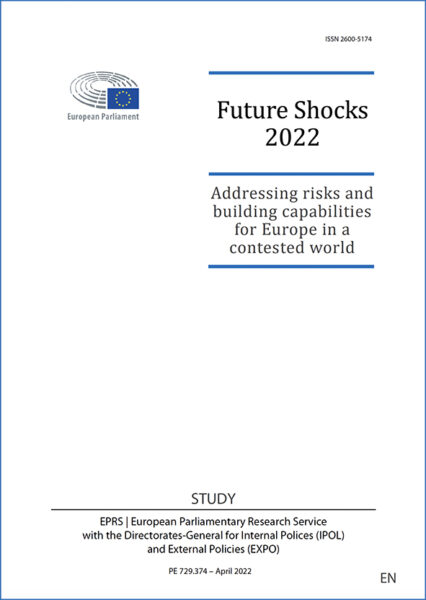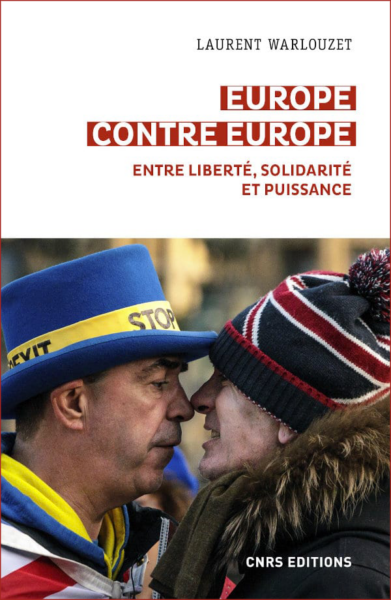In 2004, ten new member countries will join the European Union (EU). This will inevitably affect the overall balance of the EU system of support -43% of EU spending out of an annual budget of 100 billion euros- especially given that the new members are potentially net beneficiaries of European aid. The system, which is made up of structural funds, assistance for new members prior to joining and for countries outside the EU, is expanding and operates in favour of member countries and partners. Jean-François Drevet discusses these community funds, which are currently the focus of lively debate and which will shape the future for Europeans.
He starts by setting out the timetable for changes: first, from 2002 to 2006, the special arrangements prior to entry for the new members will gradually be phased out and they will be covered progressively by the structural funds; next, between 2007 and 2013, the EU will establish a new system for the community budget.
Jean-François Drevet then focuses on the allocation of structural funds to the new member states. The options include simplifying the funds, setting up decentralisation, favouring transnational or regional arrangements, and introducing conditionalities. While safeguarding its own interests, the European Commission will make its decisions in the hopes that in the long run the growth of trade will offset the drain on the community budget resulting from enlargement.
After a plea for institutional reforms, Drevet describes the various pre-membership schemes (PHARE technical assistance programme, structural programmes), the external cooperation funds to promote EU integration within the European/Mediterranean sphere, the subsidies that best meet community interests in certain fields, the cross-border and transnational arrangements for cooperation that reduce divisions within Europe.
Drevet concludes that the prospects for community finances are not rosy, given the current state of the general economic climate, and that arguments surrounding the budget are damaging for the single market. It would be desirable to design a funding policy geared to the needs of the new members that would, in the interests of all, ensure their successful integration. A well- coordinated system of financial instruments is an efficient way to manage EU enlargement and the changing status of countries.
Europe : les fonds communautaires et l'élargissement
Cet article fait partie de la revue Futuribles n° 282, jan. 2003

